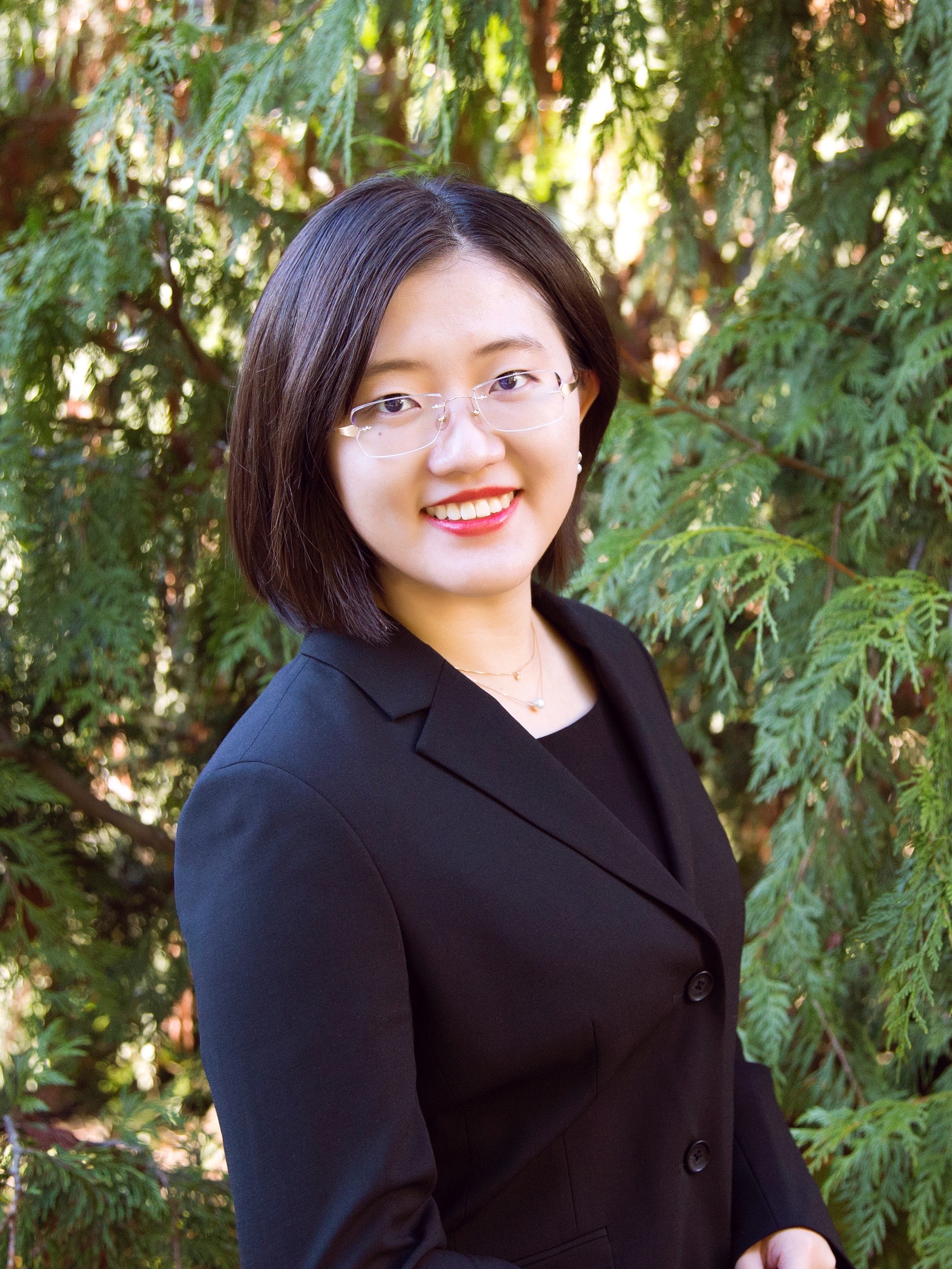Rose Xueqing Zhang is a PhD student in Sociology at the University of British Columbia whose research interests include health and gender inequality and social stratification. She is conducting research under the supervision of Dr. Gerry Veenstra on the importance of intergenerational reproduction in fostering the good health of Chinese adults.
We spoke to Zhang about her research project.


PhD student Rose Xueqing Zhang
Congratulations on publishing your research article about the intergenerational production of self-rated physical health in China. What inspired you to dive deep into this topic?
This journal article is derived from my MA thesis, supervised by Dr. Gerry Veenstra. The reproduction of social stratification has always been my research interest in sociology. It was in Dr. Gerry Veenstra’s class, where he showed us his own research about the intergenerational reproduction of health in South Korea, that inspired me to look at how the same issue would be like in China (where I come from) and further investigate whether and why there is anything similar or different between the two places regarding this issue.
What are your research findings and what are the implications of your findings?
We found that father’s education was associated with the self-rated health of women, especially younger women, and self-reported childhood social class was associated with the self-rated health of men and older women, most strongly so for younger men. Two thirds of the association between father’s education and self-rated health among younger women were statistically explained by personal socioeconomic resources, and almost a quarter of the association between self-reported childhood social class and self-rated health among younger men was statistically explained by personal socioeconomic resources. Our study illuminates the importance of intergenerational reproduction in fostering the good health of Chinese adults, especially for those who grew up after the Chinese economic reforms of the 1970s.
“Our study illuminates the importance of intergenerational reproduction in fostering the good health of Chinese adults, especially for those who grew up after the Chinese economic reforms of the 1970s.”
Your research uses parental resources from the father’s side as one of the measurements to assess adult children’s health, why did you choose to focus on paternal resources instead of maternal resources, if not both?
There are many families, especially for the older generation, where only fathers are the breadwinner and appear in public social activities representing the whole family, especially among Chinese families. And the result did show that the father’s SES is a better representative of the family’s SES. Thus, I use the father’s information to represent the respondents’ family SES.
What skills did you develop or strengthen as a result of this project?
First of all, I think I have greatly improved my statistical skill for quantitative research. Despite taking courses or reading many related books, I believe the best way to enhance statistic skills is to “get hands dirty.”
Secondly, I think I have become more familiar with how to write a journal article. As an international student with English as my second language, writing has always been my shortcut, and I’ve felting unconfident about myself because of this. But as I go through the process with Gerry’s guidance—from writing the draft, editing over and over again, and finally publishing it—I think my academic writing has improved a lot.
Thirdly, I get to familiarize the whole process of publishing a journal article. Publishing will be one of my major career goals, since I want to pursue a career in academia. Thus, getting familiar with the whole publishing process would be super helpful for my future development.
What was your experience working with Dr. Gerry Veenstra on this research?
It was a super enjoyable experience working with Dr. Gerry Veenstra. He is super nice and never hesitates to offer any help I ask for. I am really grateful for his patience, hands-on writing teaching, and passion for our work.


